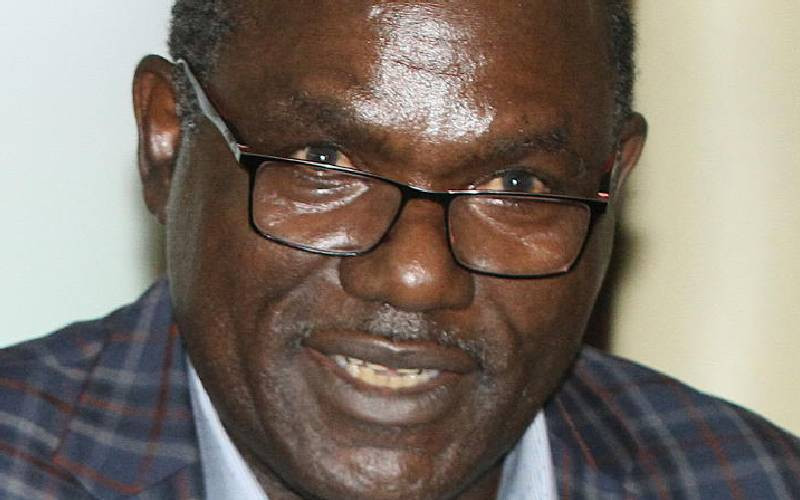×
The Standard e-Paper
Stay Informed, Even Offline

From the obscurity of a Mombasa office where he practised as a lawyer, Wafula Chebukati has become Kenya's face of elections, conducting two general elections and three presidential contests in five years.
On Tuesday, Chebukati, Abdi Guliye and Boya Molu leave the Independent Electoral and Boundaries Commission (IEBC), where the former has served as chairman and the latter two commissioners.